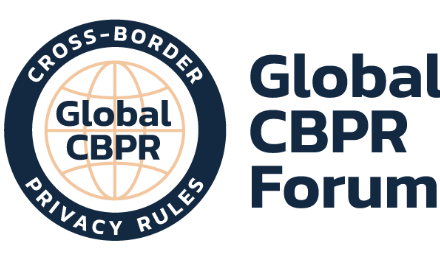Google LLC is facing another lawsuit that accuses it of illegally invading the privacy of millions of its users, this time by tracking their internet activity while using browsers that are supposedly set in “private mode.”
The proposed class action lawsuit, filed today in the U.S. District Court of the Northern District of California, accuses the Alphabet Inc. subsidiary of collecting information about what people are viewing online, despite using what Google calls the “incognito mode” in its Google Chrome browser. The lawsuit seeks at least $5 billion in damages, Reuters reported.
The complaint alleges that Google secretly collects data on users via its Google Analytics and Google Ad Manager tools, as well as other applications and website plugins. It does so regardless of whether users click on Google-powered advertisements.
This kind of behavior helps Google learn about people’s browsing habits, their hobbies, food and shopping tastes, and even some of the “most intimate and potentially embarrassing things” they look for online, Reuters reported.
Many internet users believe that private browsing modes help prevent companies such as Google from tracking them online, but security researchers have long warned that this is not always the case. Indeed, Google is more than capable of tracking people’s identities across different browsing modes to augment their user profiles, the complaint alleges.
The company “cannot continue to engage in the covert and unauthorized data collection from virtually every American with a computer or phone,” the lawsuit said.
Reuters said the proposed class action lawsuit could include millions of Google users who have browsed the internet in private mode since June 1, 2016. The complainants say Google’s behavior violates both federal wiretapping and California privacy laws. They’re said to be seeking damages of $5,000 per user, or three times actual damages, whichever is greater.
Google is no stranger to these kinds of lawsuits, and is getting used to coughing up compensation for violating various countries’ privacy laws. Last year, for example, it was slapped with a $1.7 billion fine in Europe for restricting rival company’s search ads. Also last year, the Federal Trade Commission and the New York Attorney General ordered the company to pay $170 million to settle allegations that its YouTube service unlawfully collected data on children under age 13.
Source: Siliconangle.com


























